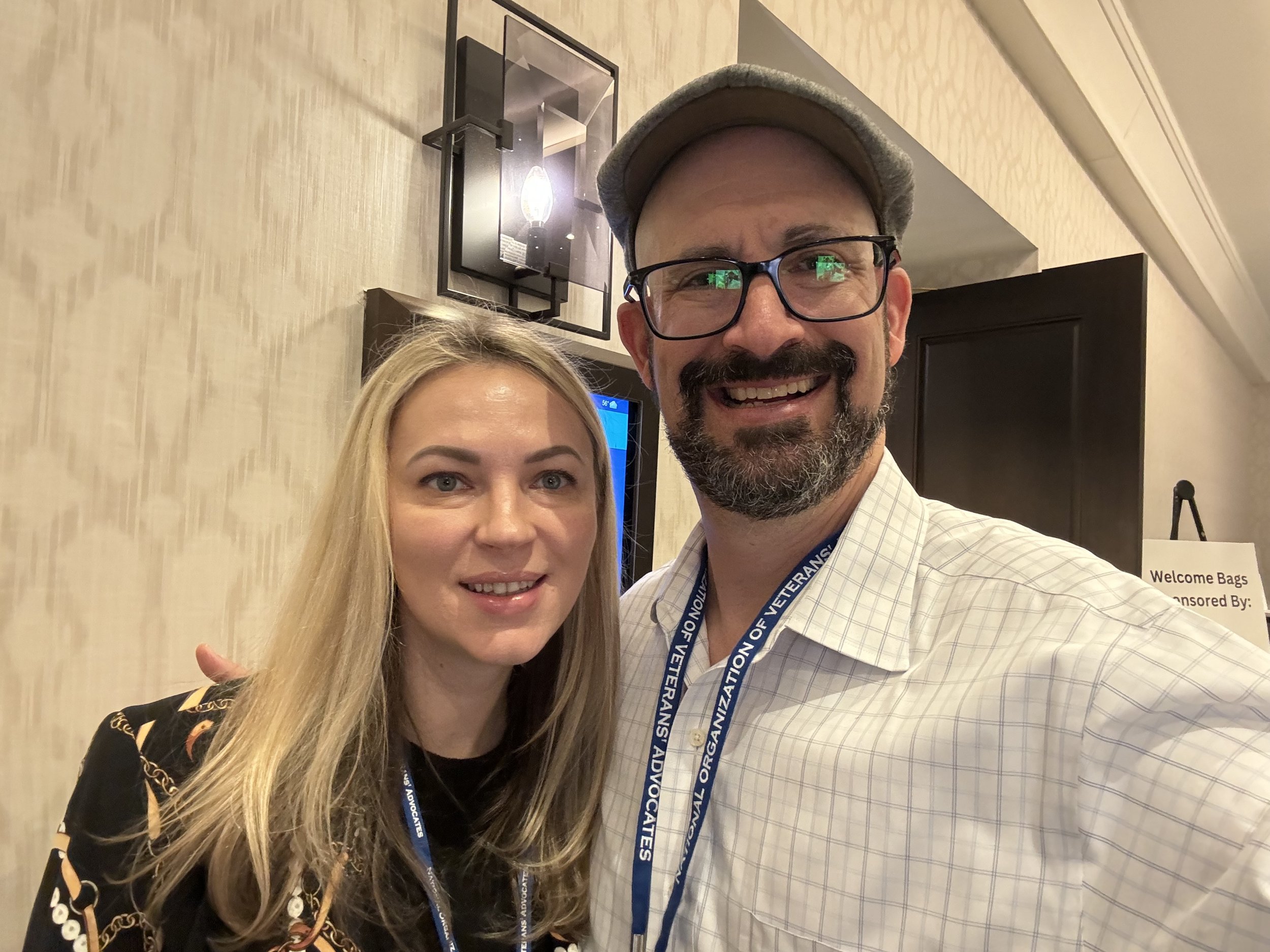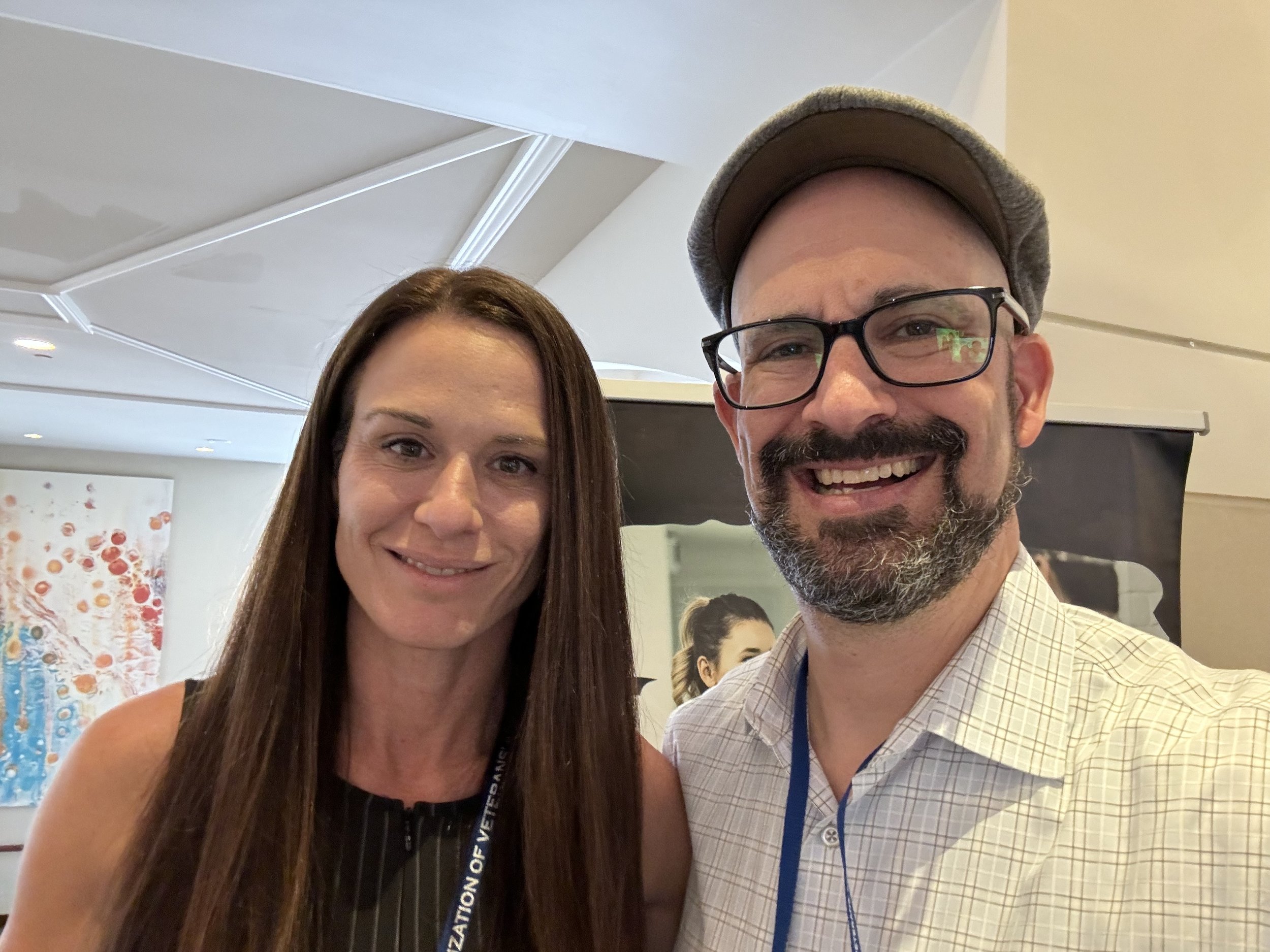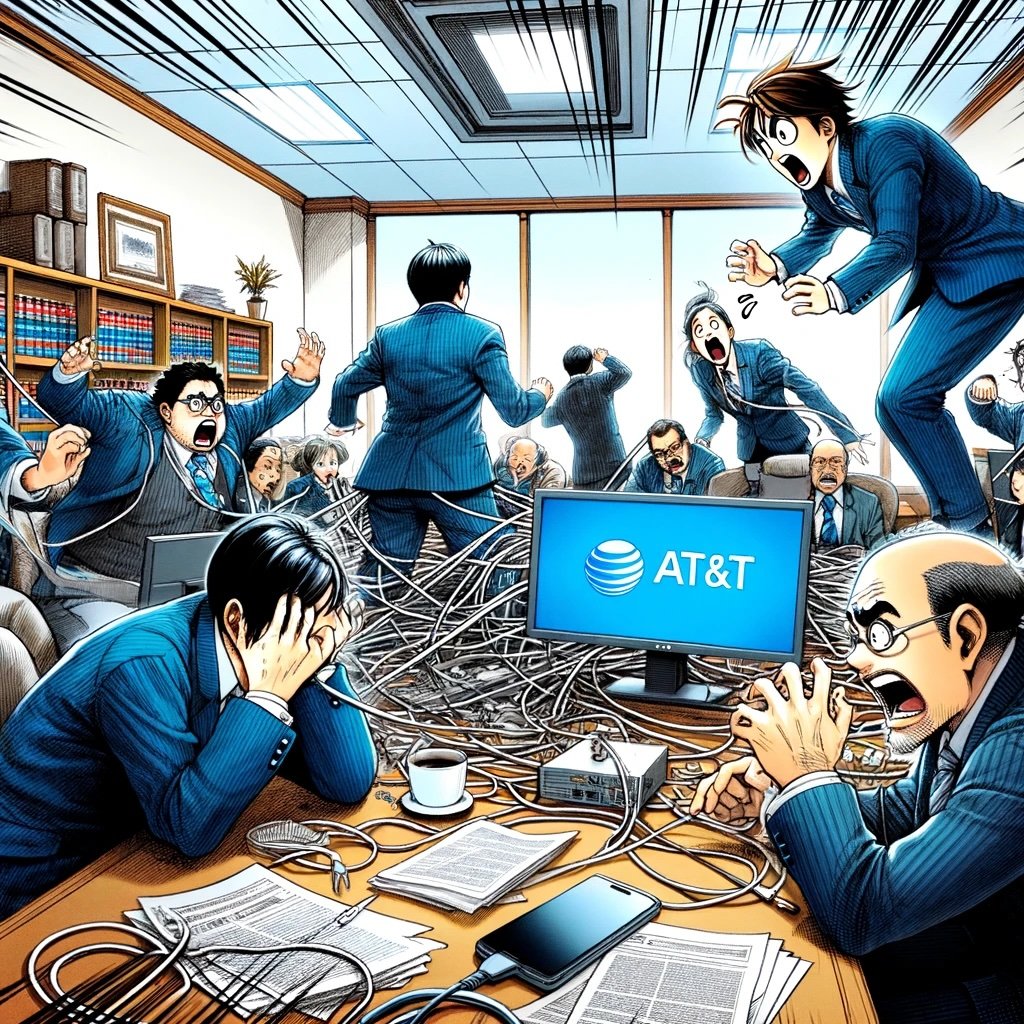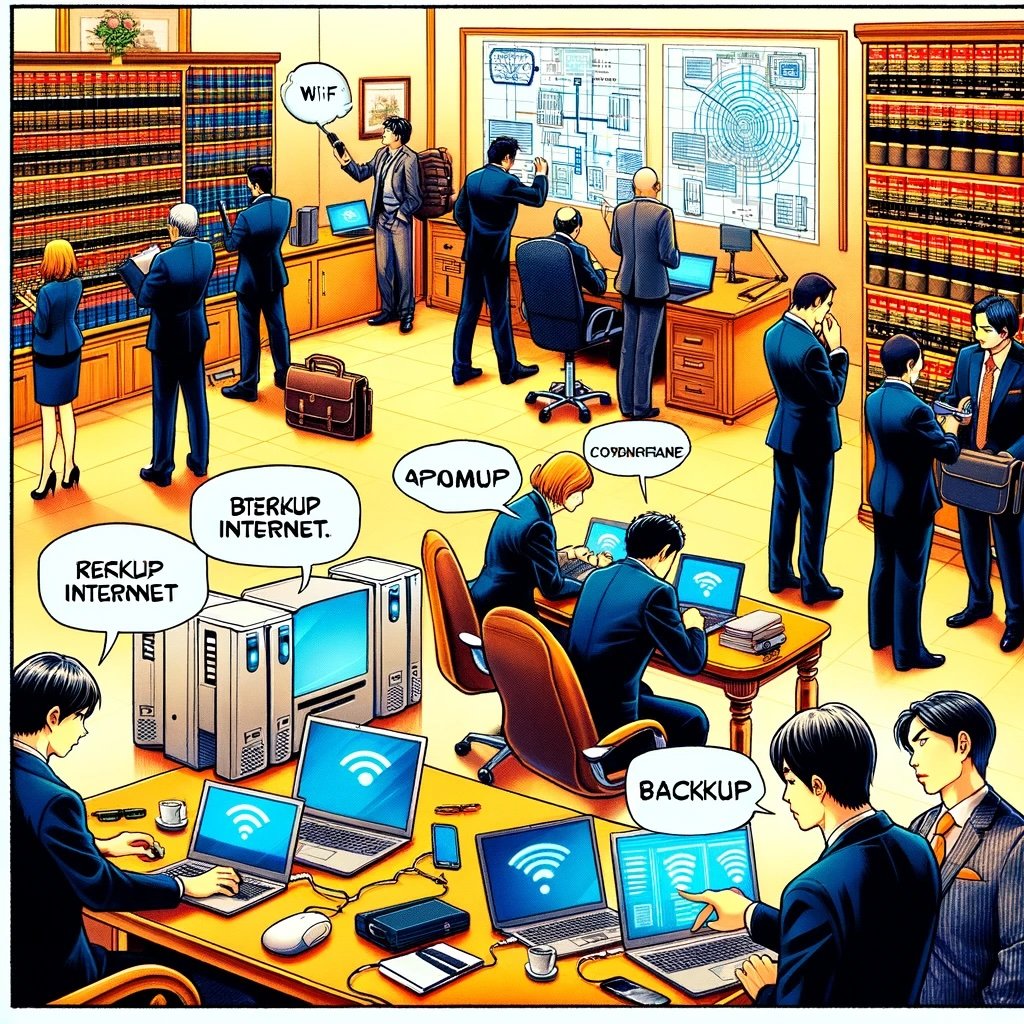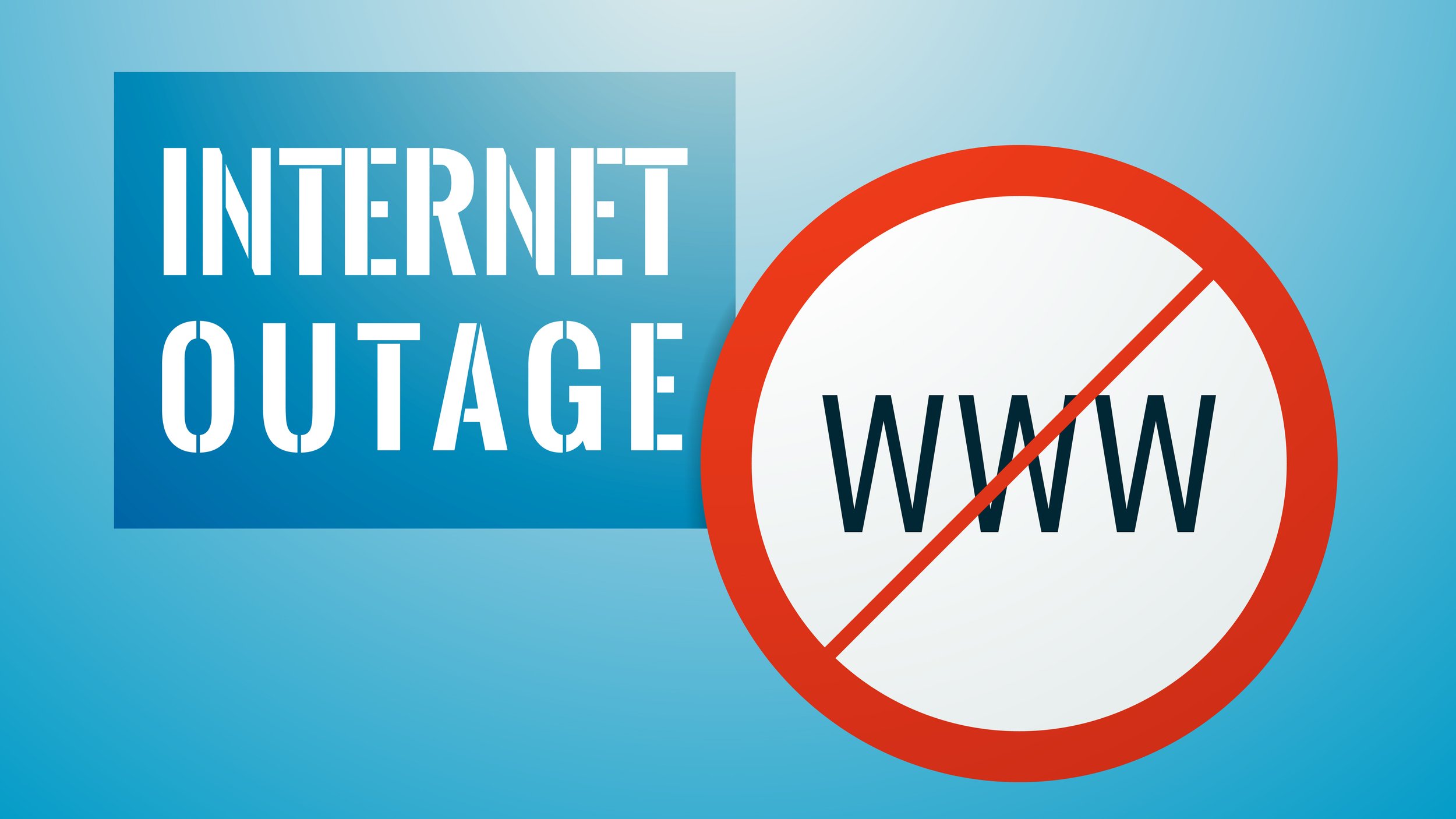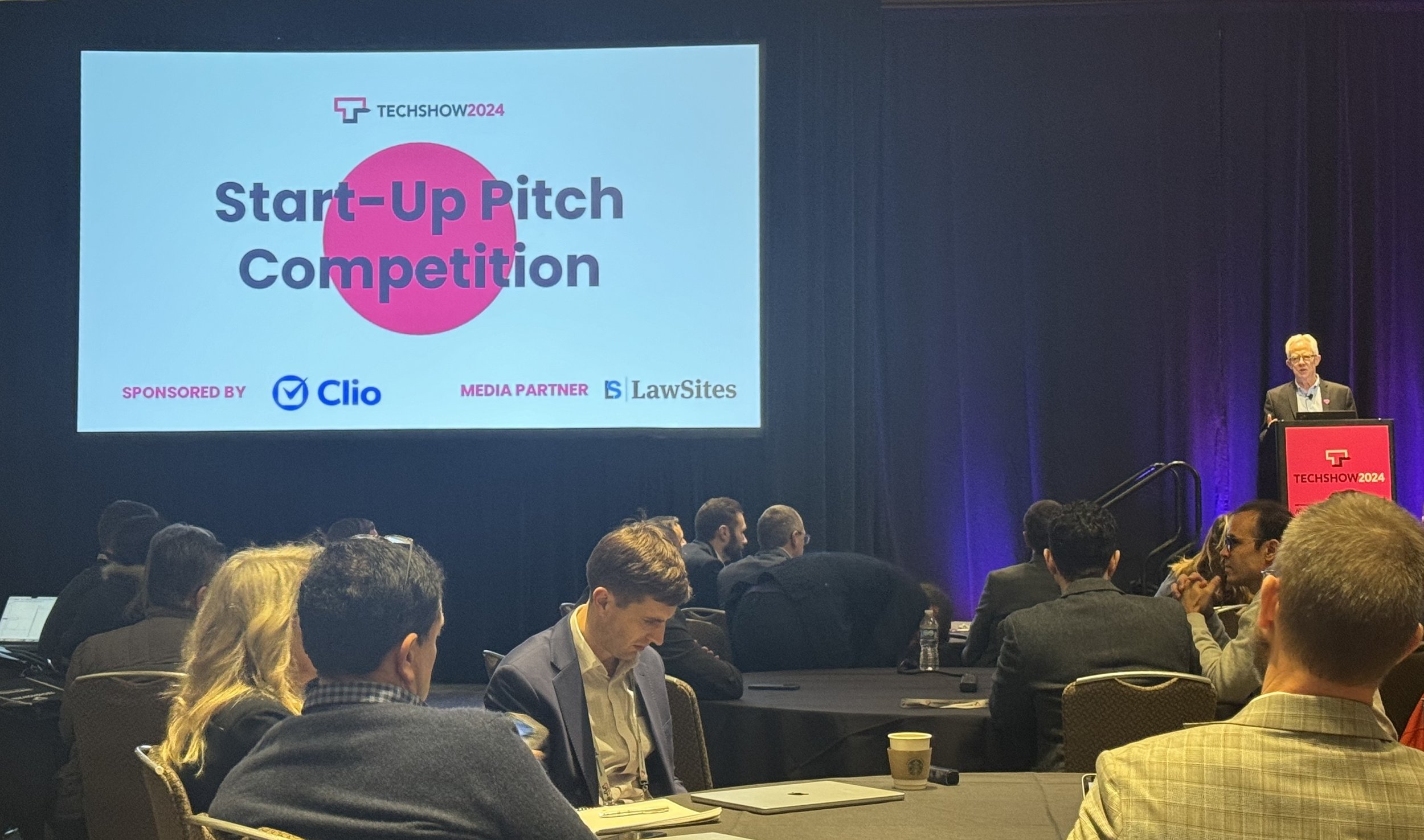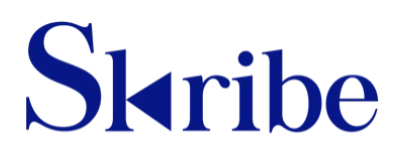Join us as we embark on a journey through the ever-evolving landscape of law firm management, legal marketing and technology adoption, guided by the seasoned expertise of Erik Bermudez. With Erik's background in strategic planning, relationship management, and market insights, this episode promises to equip you with the knowledge and strategies needed to thrive in the dynamic intersection of law and technology!
As the VP of Strategic Partnerships at Filevine, Erik brings a wealth of insights from years of experience in strategic alliances and market analysis. With a tenure at Filevine dating back to 2019, Erik's leadership has been instrumental in driving partnerships and fostering growth. He also held roles at KLAS previously, where he played vital roles in healthcare market research.
Join Erik and me as we discuss the following three questions and more!
What are the top three ways attorneys should expect their client relations management/ law professional management platforms like Filevine, Lead Docket to seamlessly work with a third party?
What are the top three pain points lawyers have when adopting new technology, and what are the best ways to overcome them?
What are the top three tech tools lawyers can use for online marking?
In our conversation, we cover the following:
[01:22] Erik's Simple Tech Setup
[06:25] Maximizing Client Relationship Management: Seamless Integration with Third-Party Platform
[14:11] Balancing AI and Human Touch
[20:34] Key Data Points for CRM and PMS Collaboration
[21:55] Lawyers' Top Three Pain Points and Solutions in Tech Transition
[24:18] Convincing Busy Lawyers to Embrace Technology
[27:21] Tailored Technology: Law Firms with Personalized Workflows
[34:33] Mastering Online Marketing: Essential Tools for Law Firms
[39:56] Connect with Erik
Resources:
Connect with Erik:
Hardware mentioned in the conversation:
Software & Cloud Services mentioned in the conversation:


